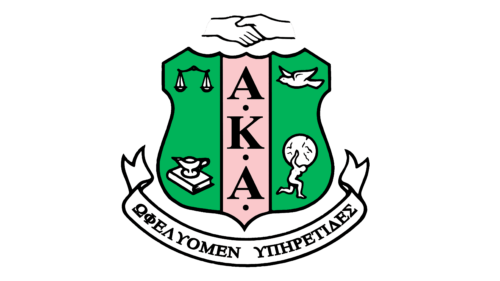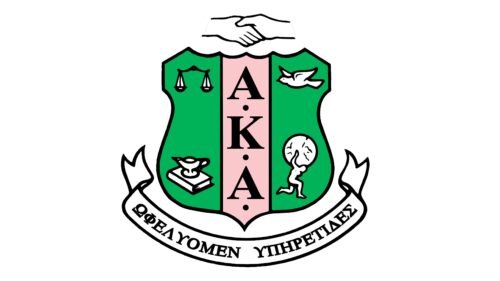Alpha Kappa Alpha (AKA) is a distinguished African American sorority founded in 1908 at Howard University. As the first sorority established by African American college women, AKA has played a pivotal role in fostering sisterhood, scholarship, and service. It emphasizes community service and academic excellence, with a strong focus on social issues affecting African Americans. The organization has grown significantly, with chapters in the United States and abroad, continuing its legacy of leadership, philanthropy, and empowerment among women of African descent. AKA’s notable programs address education, health, global poverty, and social justice, reflecting its enduring commitment to societal betterment.
Meaning and history
Alpha Kappa Alpha Sorority, Inc. (AKA), founded in 1908 at Howard University, is a trailblazing organization established by African American college women. It emerged at a time when opportunities for African American women in higher education were scarce, and the need for a supportive network was paramount. Led by Ethel Hedgeman Lyle, the sorority was formed to provide academic support, foster sisterhood, and address social issues impacting the African American community.
AKA quickly distinguished itself through its commitment to scholarship, leadership, and service. Its members, known as AKAs, engaged in various community service initiatives, focusing on education, health, family strength, and civil rights. The sorority’s programs have consistently aimed to uplift and empower African American communities, reflecting its founders’ vision.
Throughout the 20th century, AKA expanded significantly, establishing numerous undergraduate and graduate chapters across the United States and even abroad. This expansion allowed the organization to amplify its impact, reaching a broader community base. The sorority also played an active role in significant historical moments, including the Civil Rights Movement, where many members were at the forefront of change.
AKA has also been a leader in providing scholarships and educational resources, recognizing the importance of academic achievement. The sorority’s prominent members have included influential figures in politics, arts, education, and various other fields, underscoring its role in developing leaders.
In the 21st century, AKA continues to be a dynamic force, adapting to contemporary challenges while maintaining its foundational principles of service, excellence, and sisterhood. Its legacy as the first Greek-letter organization for African American women remains a source of pride and inspiration, as AKAs continue to make significant contributions to society.
Today
This emblem showcases a heraldic crest, segmented into a tripartite field. The central band is bathed in a roseate hue, presenting the bold, vertically aligned initials “A.K.A.” in a stately font. This is bookended by two verdant panels, each hosting a duo of iconography in alabaster tones: on the left, a balanced scale hovers over a steaming beverage atop a tome, symbolizing equity and erudition, while the right panel illustrates a pacific dove mid-flight above a contemplative figure, evoking serenity and introspection. Cresting the emblem, an alabaster handclasp conveys fellowship and concord. The shield is anchored by an arching ribbon, etched with Greek inscriptions that likely pronounce a cherished axiom or principle of the institution.








